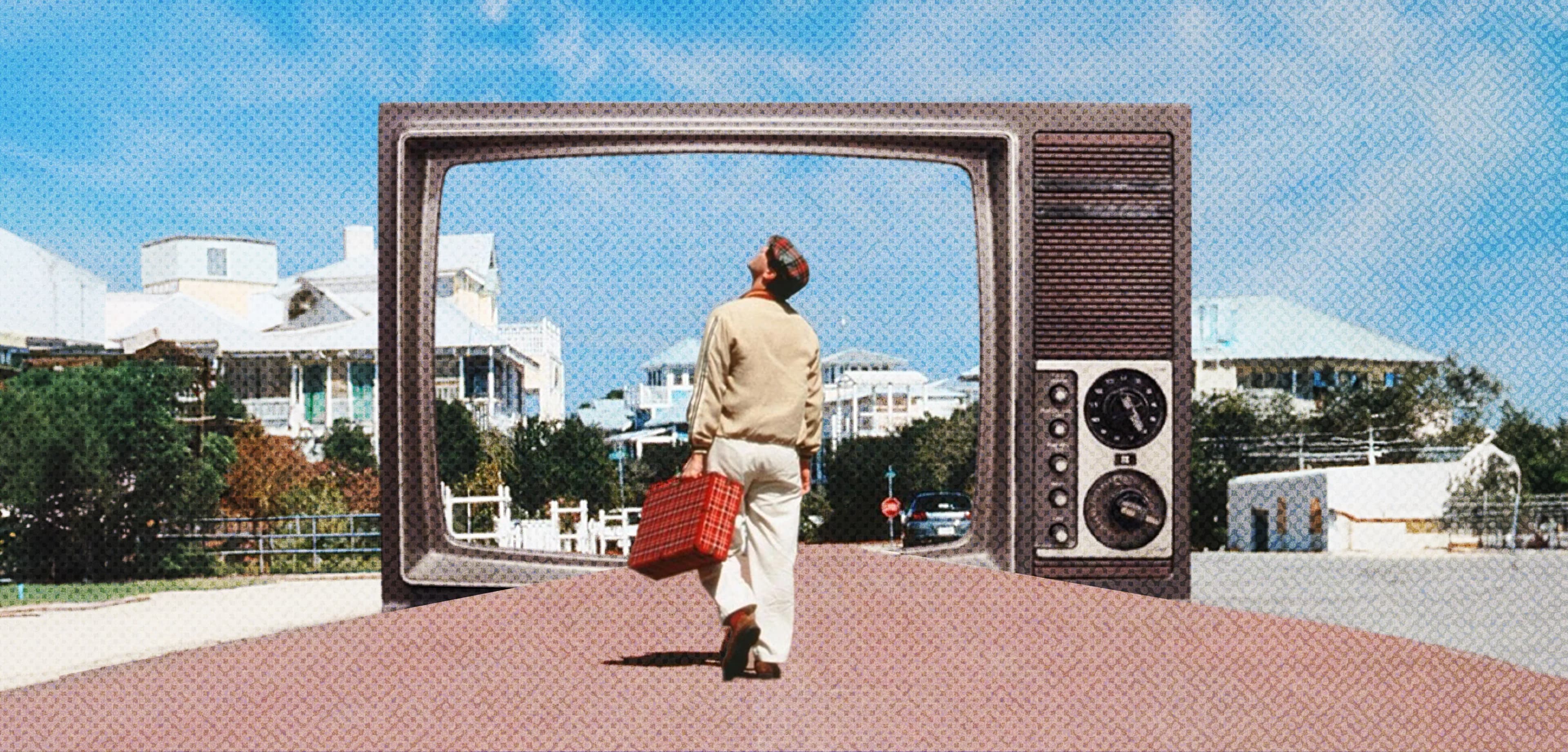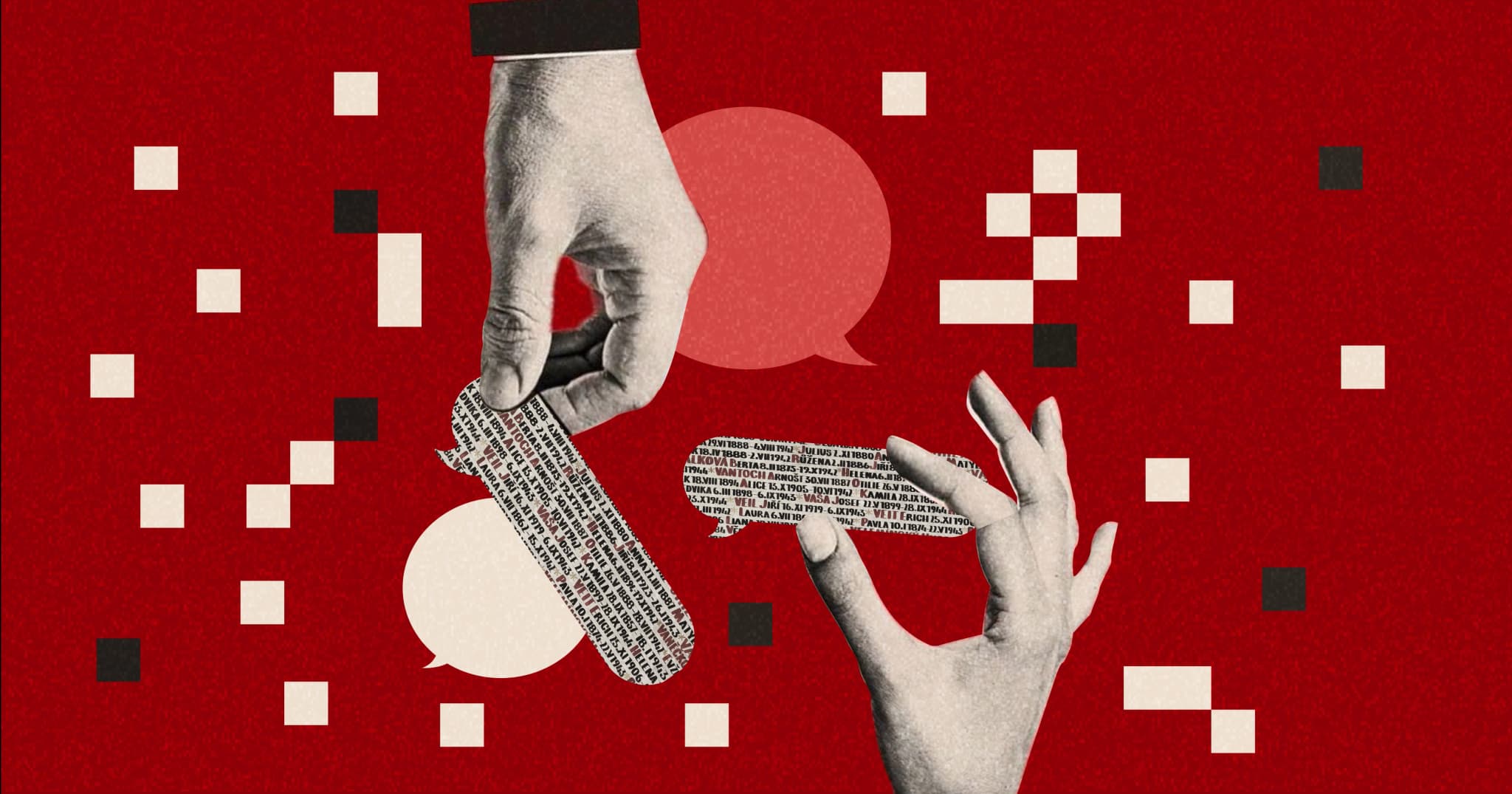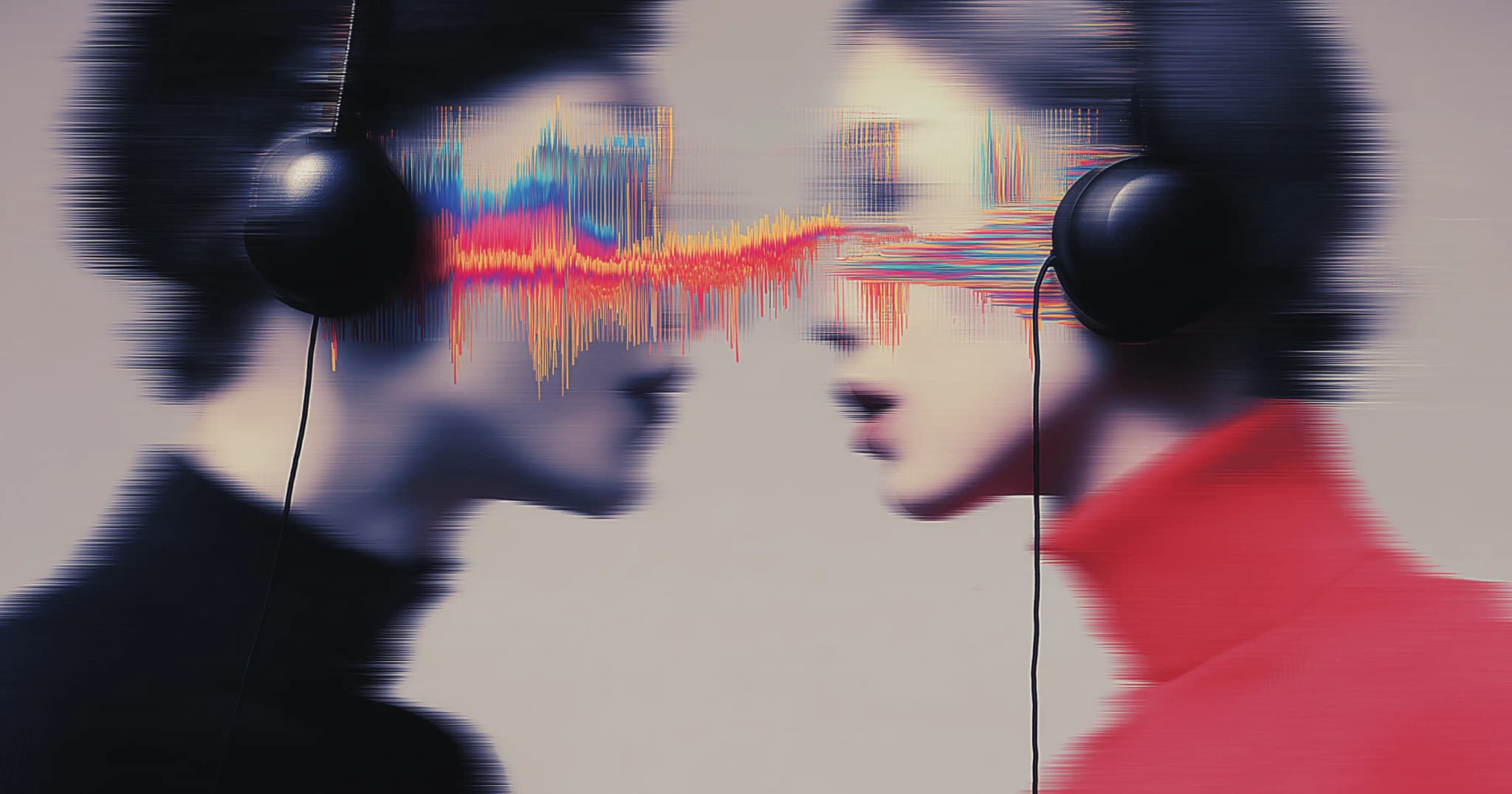“My life is a movie.”
True, man. It’s a box office favorite.
We’ve all had those moments—dreaming of a life that feels cinematic, where every event is perfectly timed to an unplayable soundtrack in your head. But what if that dream came with an all-seeing audience? What if every word you spoke, every decision you made, was broadcast to the world?

All this is the core of The Truman Show Syndrome, a psychological condition where people believe their lives are part of an elaborate reality TV show.
The condition was named after The Truman Show (1998), a surveillance cinema about a regular joe called Truman Burbank. In the movie, Truman is an unsuspecting insurance salesman who’s also the star of a TV show he doesn’t know exists in the “real” world. His everyday life is captured by 5,000 cameras across Seahaven Island, broadcasting 24/ 7 to a devoted ‘outsider’ audience of 1.5 billion viewers.
Written by Andrew Niccol and Directed by Peter Weir, the film tackles social themes of constant surveillance and monitoring, media manipulation, and voyeurism, painting a chilling picture of how fiction and reality can blur and uproot worlds.
The Truman Show Syndrome
Coined by psychiatrist Joel Gold, it is a psychological condition used to describe individuals who believe their lives are a scripted reality show. Gold first encountered such cases in 2002, when patients began referring to The Truman Show to explain some of their delusions. Some even believed their family members were actors, their homes elaborate film sets, and that their actions were being monitored by hidden cameras.

The psychology of being watched
Gold and his neuroscientist-philosopher brother, Ian Gold, traced links between this syndrome and schizophrenia, noting that it was an evolution of older psychoses where individuals believed external forces, like radio waves, controlled their minds. The arrival of reality TV and pervasive surveillance culture only amplified these delusions, offering a new framework for age-old fears of manipulation and control. Joel even had a patient who travelled to New York City after September 11, 2001, to check if the World Trade Centre had truly been destroyed. He wanted to confirm that it wasn’t just part of his “reality TV show.”
“Cultural realities are always intruding into the psychotic experience.” — Ian Gold, neuroscientist and philosopher
The Truman Show director Peter Weir once recalled a remark from the creator of Big Brother, the biggest reality TV show, who was in the show's planning stages when the film was released: "When I saw Truman, I thought we better get a move on."

Interestingly, the concept hadn’t been exclusive to The Truman Show. Philip K. Dick’s 1959 novel Time Out of Joint also explored fabricated realities and paid actors, eerily foreshadowing the psychological phenomena we see today.
The world as we know it
The line between what’s real and what’s curated has never been thinner. Social media, reality TV, and the quiet hum of 24/7 surveillance have created a world where performance is indistinguishable from authenticity. Like Truman before he discovered the truth, we’ve built lives in a construct, a version of reality framed by filters, algorithms, and audience expectations.
Here’s the paradox: the more our lives are observed, the more we mold them to fit the observer’s gaze. Autonomy becomes slippery, shaped less by what we want and more by what we think others expect us to want.
What’s left? A blurred line between the person we are and the character we are supposed to play.

.webp&w=2048&q=75)

